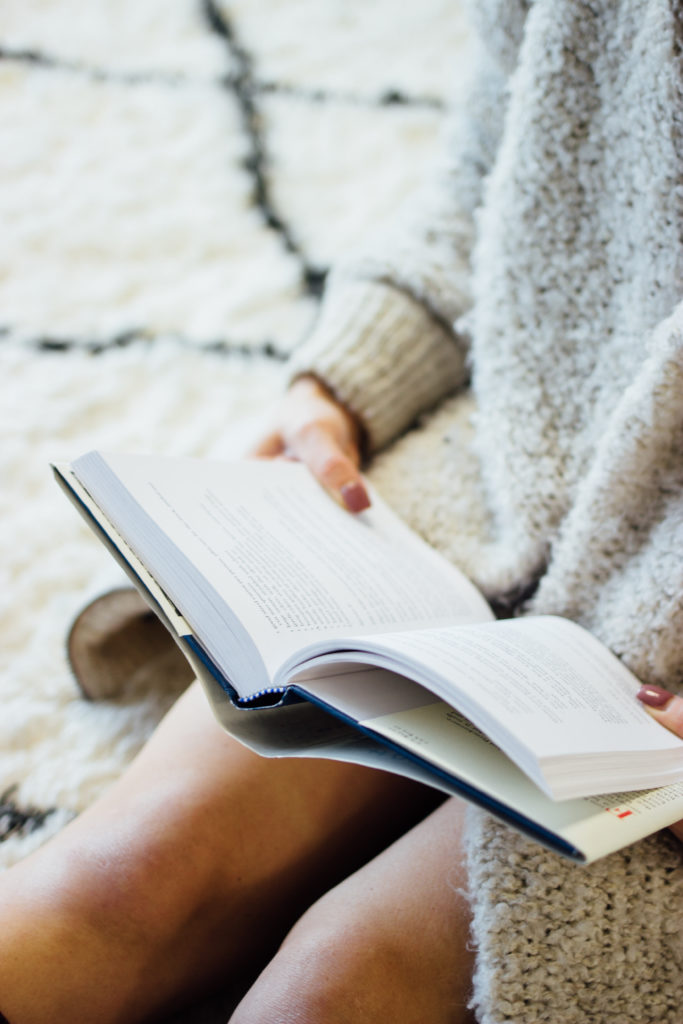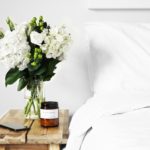Often, the difference between a good night’s sleep and a poor night of sleep is not the number of hours that you get, but the quality of those hours. Whether you want to maximize the amount of sleep you get or learn how to get the most out of the hours that you already manage, the key to better sleep is often your routine. And it starts well before you crawl between the sheets at night. Use these tips to create the best evening routine for better sleep.

Consistency is Key:
By going to bed and waking up at the same time every day — even on the weekends — you teach your body when it is the proper time to sleep. Within a short time, your body will naturally be attuned to the regular sleeping hours.
Eat Well:
The food we eat can affect our sleep greatly. For example, fatty, heavy, rich, and spicy foods can all wreak havoc with our sleep cycles because of the added burden they place on the digestive system. Eat dinner earlier, ideally you should eat two or more hours before bedtime. If you’re craving a late night snack, good ones that won’t interfere with your sleep a turkey sandwich, whole grain cereal, granola, or a banana.
Drink Decaf:
The later in the day you have caffeine, the bigger the risk that it will cause problems with your sleep. Experts say that caffeine remains in your system up to ten to twelve hours after you consume it. If you’re in the mood for coffee or tea, choose something caffeine-free.
Exercise Early:
Getting plenty of exercise will help speed up your metabolism and stimulate activating hormones like cortisol, which is wonderful as long as you get your workouts in as early in the day as possible. Exercising late at night can hinder your sleep because it can take up to six hours for your body to completely cool down to a temperature that is more sleep-friendly.
Avoid Bright Lights:
Our brains naturally secrete the sleep-regulating hormone melatonin. Melatonin helps regulate your sleep-wake cycle better than anything else. In order to encourage maximum melatonin production before bedtime, keep the lights low. Avoid bright screens like laptops, tablets, and televisions because the light from them can inhibit melatonin secretion. The two hours prior to your bedtime are especially critical, so if you must be on your devices during that time, turn the brightness levels down.
Tess Pajaron is part of the team at Open Colleges, Australia’s online education specialists. When not working, she enjoys traveling to exotic places and reading career blogs.
































16 Responses to The Best Evening Routine for Better Sleep